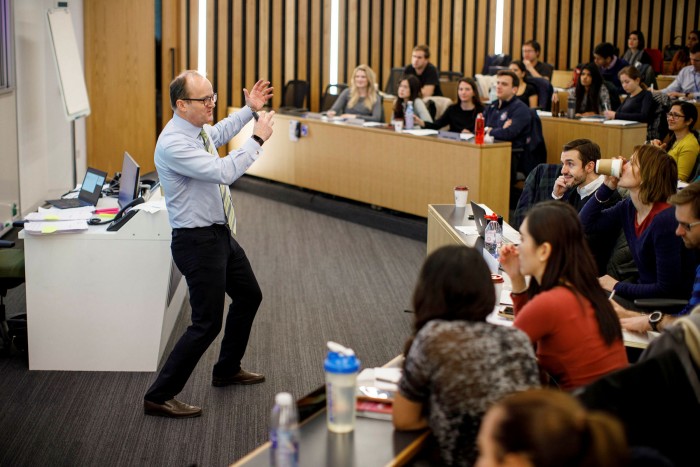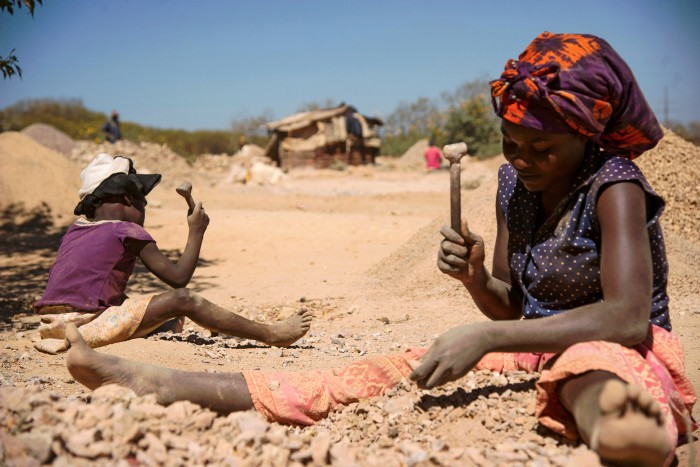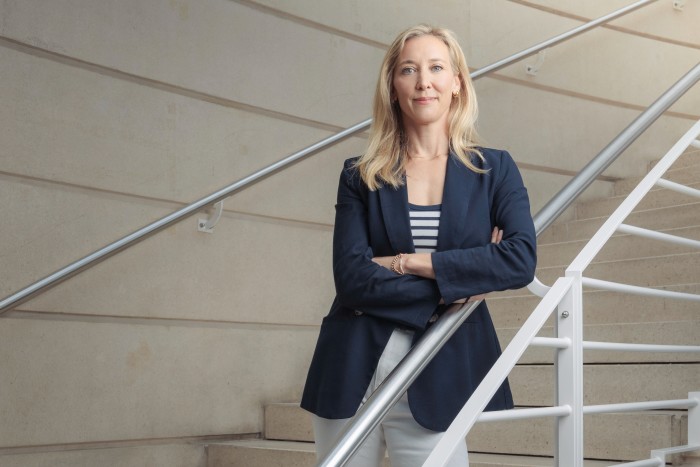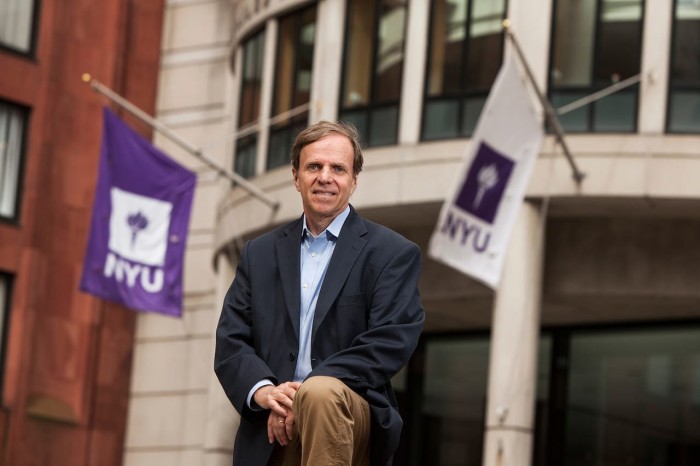Human rights climb the business school curriculum

Roula Khalaf, Editor of the FT, selects her favourite stories in this weekly newsletter.
When Michael Posner proposed creating a human rights centre at New York University, he firmly deflected suggestions that it should be based at the law school. Instead, in 2013, he established the Center for Business and Human Rights at Stern School of Business, where he is Jerome Kohlberg professor of ethics and finance. It was the first such entity at a business school.
“I said I want to go into the belly of the beast,” recalls Posner, who had spent his career in the legal profession, advocacy and government, specialising in human rights. Just as he found governments had often shied away from holding business to account, “the reaction of the more traditional mainstream finance professors was, what the hell does this have to do with business?”
Yet within a few weeks of him starting, the eight-storey Rana Plaza garment plant in Bangladesh collapsed, killing more than 1,100 workers (relatives pictured on anniversary, top). This focused global attention on “how companies should deal with factory safety in a very poor country with chronic, massive problems”, says Posner.
FT Masters in Management ranking 2021 — top 100

Find out which schools are in our ranking of Masters in Management degrees. Learn how the table was compiled and read the rest of our coverage at www.ft.com/mim.
Although environmental, social and governance (ESG) issues have risen to prominence in recent years, with a notable focus on the environment, he concedes that “in the ESG discussion, it’s really been about ‘E’ and ‘G’, and the ‘S’ has been left out”.
Nevertheless, business and human rights as an area of research and teaching in business schools has expanded significantly, taking in topics as diverse as outsourcing, land rights and privacy. Academics cite a focus on migrant workers’ conditions in the Gulf, cobalt mining in the Democratic Republic of Congo and the responsibilities of Facebook around disinformation in social media.

In 2016, Alliance Manchester Business School in the UK created the Business and Human Rights Catalyst for research and policy development. The following year, Alliance, Stern and Geneva School of Economics and Management (GSEM) at the University of Geneva founded the Global Network of Business Schools for Human Rights. Some 50 business schools attended the network’s annual meeting last November, where partners including the Global Business School Network launched a tool kit on human rights for business schools.
Stern offers courses on the subject to undergraduates and MBA and executive MBA students. This autumn, GSEM is launching a pioneering master of science in responsible management, for which students will explore core topics such as responsible management and sustainable accounting and reporting, and then be offered electives including a specialisation in sustainable business and human rights.
“A lot of people say there is already a very congested curriculum in business and let’s not embed more,” says Dorothée Baumann-Pauly, who runs the GSEM programme. “But these issues shouldn’t just be add-ons. It needs to become the new way of teaching to create value for business and society. We don’t just want to produce UN employees but those who will work in business and take on the human rights challenge.”

Baumann-Pauly says that during the pandemic, she has sometimes given remote lectures on human rights on three continents in a single day. “No longer is the question why do this, but instead how and how to implement,” she says.
Her own research, originally at Stern, has focused on the cobalt supply chain, which has become ever more important as the material is in demand for electric car batteries. That has increased concerns in DR Congo about the use of child labour and working conditions. “If we want to reach climate objectives, we also need to understand the human rights implications,” says Baumann-Pauly.
For Krist Dodbiba, who will be part of the first intake for the Geneva masters, his decision was inspired by a reflection during lockdown on his values and aspirations. After an undergraduate degree in business management with a specialism in hospitality, he wanted to study “something that has a unique value, rather than ‘Capitalism 101’” before finding work back in his native Albania.
“My country has suffered from a lot of brain drain, with privileged kids who go to foreign schools, don’t stay true to themselves and never go back,” he says. “I want to apply my skills at home.”
The Geneva programme remains something of an experiment, with other specialist masters that cover topics such as sustainability remaining small scale and most business schools focusing instead on research or teaching individual courses in broader masters programmes.
But as one human rights specialist who works for a “big tech” company says: “It used to be an activity on the fringe for activist investors and non-governmental organisations buying shares to push proposals. Now, the institutional investors that matter, who manage trillions of dollars of capital around the world, are pushing the companies they invest in to change.”

Posner says his Stern classes are oversubscribed, as students’ career aspirations have shifted from finance and consulting to the tech sector and beyond. He argues that while the reaction of corporate executives to his work remains mixed, there are “an awful lot who know these are the things that keep them up at night. If you are running a big technology, manufacturing or extractives business, one way or another you’re bumping into these very tough issues.
“It’s conceivable that you can be a business school in the 21st century and pretend these issues don’t matter to business. I say to students, I’m teaching them for their seventh or eighth job. We’re fighting an uphill battle, but I think it’s the right battle.”
Comments